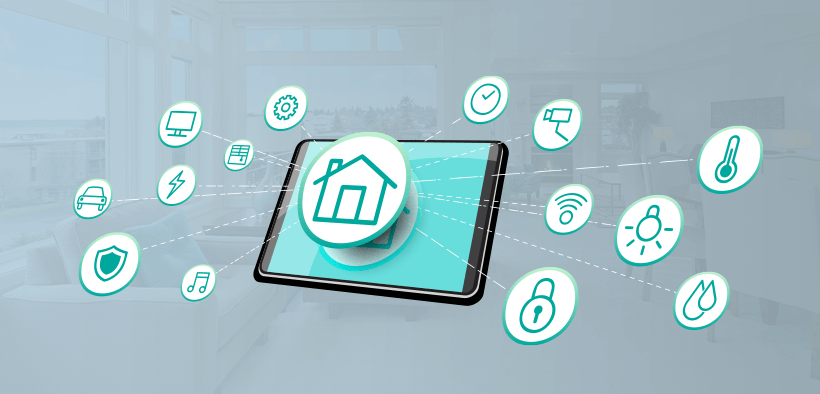Smart home technology is a growing trend. There are many ways to integrate innovative features into your home, from smart door locks to robotic vacuums.
Most smart devices tout energy-saving capabilities that can help you save on your electricity bills. However, it’s essential to choose the right products for your needs.
Convenience
Controlling your home devices and appliances remotely can offer convenience and security to your family. For instance, if you are unsure whether you left a light on or the front door is locked, you can quickly check an app on your phone to verify. Additionally, bright smoke and carbon monoxide detectors can alert you to potential dangers and allow you to take necessary actions beforehand. With advancements in technology, Samsung parts now feature automation capabilities. Smart home devices like thermostats, lighting systems, and security cameras can operate automatically based on schedules, sensors, or user preferences. Its feature can be beneficial when turning off lights in their room or setting the washing machine or dryer on. It can also help parents track their kids’ activities as they use the home automation system so that they know where they are and that their phones aren’t being misused.
One of the most significant benefits of investing in a smart home is that it’s easy to upgrade over time as technology evolves and improves. This is important because it means you won’t end up with outdated technology in your home that will be unusable. Upgrades like multi-room music and a dedicated home theater can increase your property value and make your house more attractive to buyers if you ever decide to sell.
Energy Efficiency
We all know that switching off appliances and lights when not in use can reduce our energy consumption, but intelligent technology takes this to a new level. For example, smart thermostats and heating systems automatically adjust based on usage patterns to optimize energy efficiency. Many smart home devices can help you reduce your energy bill significantly. Moreover, these devices have voice control features that allow you to operate your lights, appliances, or heating and cooling system without reaching for your phone or tablet! A smart device can also monitor your electricity usage and track where and how you’re using energy, helping to identify areas where you can improve.
Other intelligent technologies can automate tasks by learning your habits and reacting accordingly. For example, your smart fridge may alert you if it’s running out of food or recommend recipes based on what’s in it. This is all thanks to the power of artificial intelligence (AI).
Smart homes aren’t just about convenience but can help save money and improve overall health and well-being. While some of the newest devices may seem expensive, the long-term benefits can make them well worth it. However, before implementing any smart tech in your home, you must check your policy, as intelligent technology can sometimes impact your insurance coverage.
Value
Smart home devices like bright lights, thermostats, and locks allow homeowners to control their homes via a mobile app or voice assistant. The convenience of these gadgets saves homeowners time performing everyday household tasks and can lead to savings in energy costs.
Additionally, smart home technology can increase the value of a property. Buyers often seek out homes with smart devices because of their functionality and automation. Smart home technologies also help to reduce maintenance costs throughout the home and property.
Many smart devices require a stable internet connection to function. It can be a problem during an outage or other technical issues. However, some smart devices have backup capabilities that mitigate the impact of internet outages on device functionality.
Investing in innovative technology can simplify your life by automating specific tasks and providing security, energy efficiency, and entertainment benefits. However, there are some considerations to consider before implementing this technology. These factors include the cost of initial installation, potential ongoing fees, and privacy concerns regarding data collection by smart devices. Additionally, overreliance on intelligent technology can be a risk. Users can mitigate this by periodically disconnecting from devices, ensuring that they can perform basic tasks manually, and keeping backup systems in place.

